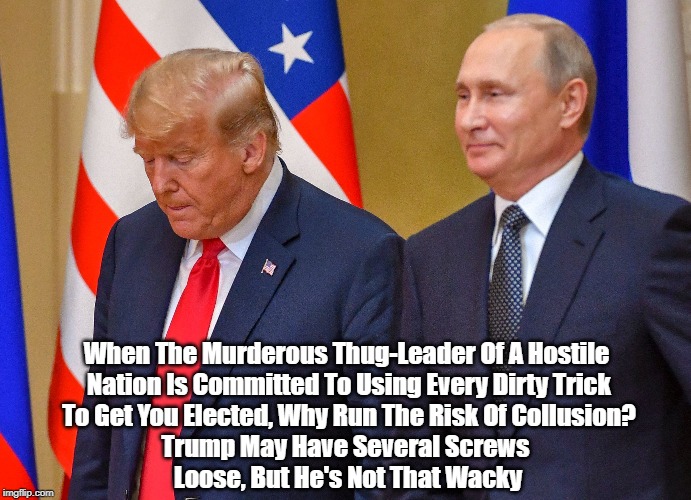
The Mueller Report's Findings On Russian Influence In The 2016 Election.
Mueller "described in page after damning page a dramatic pattern of Russian outreach to figures close to the president, including to Trump’s campaign and his business; Mueller described receptivity to this outreach on the part of those figures; he described a positive eagerness on the part of the Trump campaign to benefit from illegal Russian activity and that of its cutouts; he described serial lies about it all...
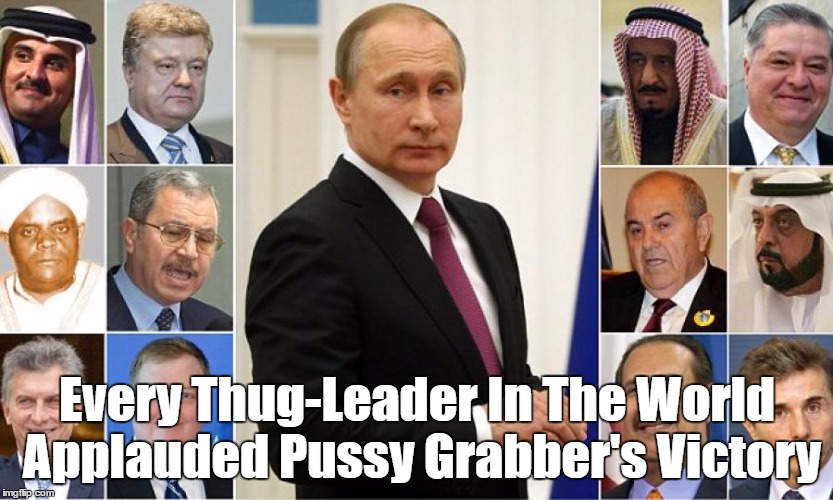

Results of the Russia Investigation
Consistent with the special counsel’s mandate, the first volume of the Mueller report focuses on “the Russian government’s efforts to interfere in the 2016 presidential election.” Toward this end, its first two substantive sections go into depth on Russia’s “active measures” social media campaign, as well as the “hacking and dumping” operations through which it accessed and disseminated private e-mails from the Democratic National Committee and others. Both provide a fascinating account of Russian influence operations, but neither adds much to the indictments that the Mueller team has previously filed against involved persons. Instead, the important element of Volume 1 is the discussion of “Russian government links to and contacts with the Trump campaign”—or the possibility of what some might describe as “collusion”.
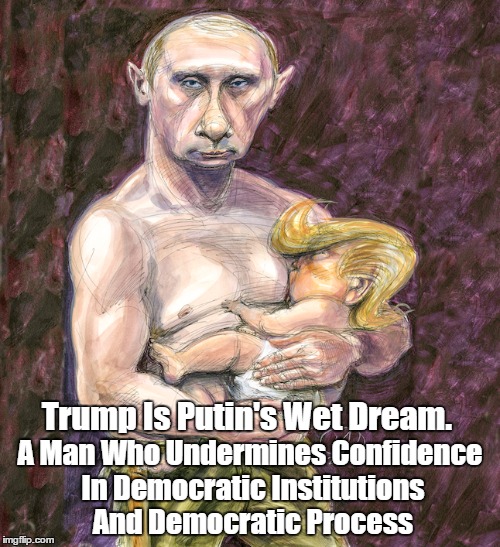

As the report is careful to explain, “collusion” is neither a criminal offense nor a legal term of art with a clear definition, despite its frequent use in discussions of the special counsel’s mandate. Mueller and his team instead examined the relationships between members of the Trump campaign and the Russian government through the far narrower lens of criminal conspiracy. To establish a criminal conspiracy, a prosecutor must show, among other elements, that two or more persons agreed to either violate a federal criminal law or defraud the United States. This “meeting of the minds” is ultimately the piece the Mueller team felt it could not prove, leading it not to pursue any conspiracy charges against members of the Trump campaign, even as it pursued them against Russian agents.
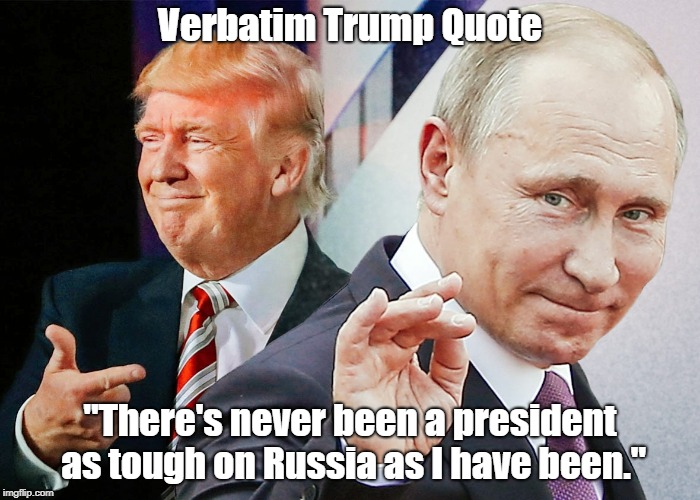

This conclusion is far from the full vindication that chants of “no collusion” imply, a fact driven home by the detailed factual record the Mueller report puts forward. In some cases, there was indeed a meeting of the minds between Trump campaign officials and Russia, just not in pursuit of a criminal objective. In others, members of the Trump campaign acted criminally—as evidenced by the guilty pleas and indictments that the Mueller team secured—but did so on their own. At times, these efforts even worked toward the same objective as the Russian government, but on seemingly parallel tracks as opposed to in coordination. None of this amounted to a criminal conspiracy that the Mueller team believed it could prove beyond a reasonable doubt. But the dense network of interactions, missed opportunities, and shared objectives between the Trump campaign and the Russian government remains profoundly disturbing.
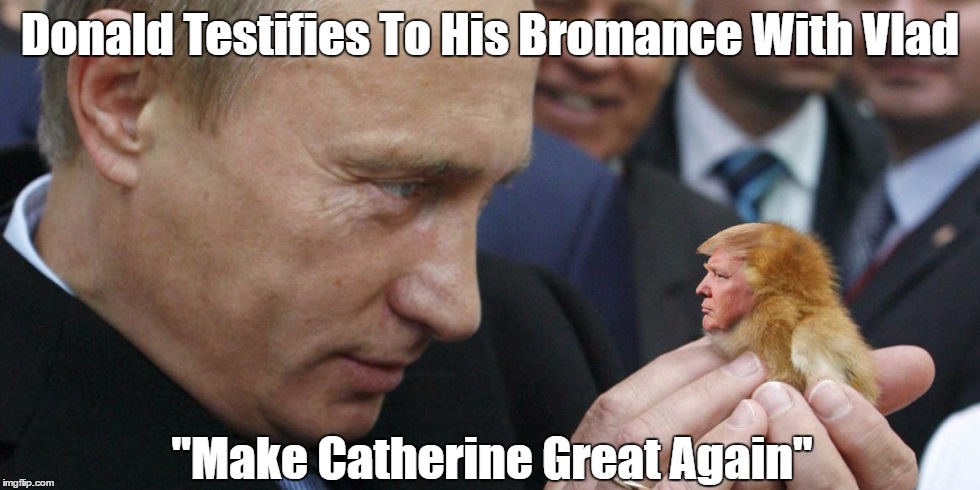

This report shows that the Trump campaign was reasonably aware of the Russian efforts, at least on the hacking side. They were aware the Russians sought to help them win. They welcomed that assistance. Instead of warning the American public, they instead devised a public relations and campaign strategy that sought to capitalize on Russia’s illicit assistance. In other words, the Russians and the Trump campaign shared a common goal, and each side worked to achieve that goal with basic knowledge of the other side’s intention. They just didn’t agree to work together toward that goal together.
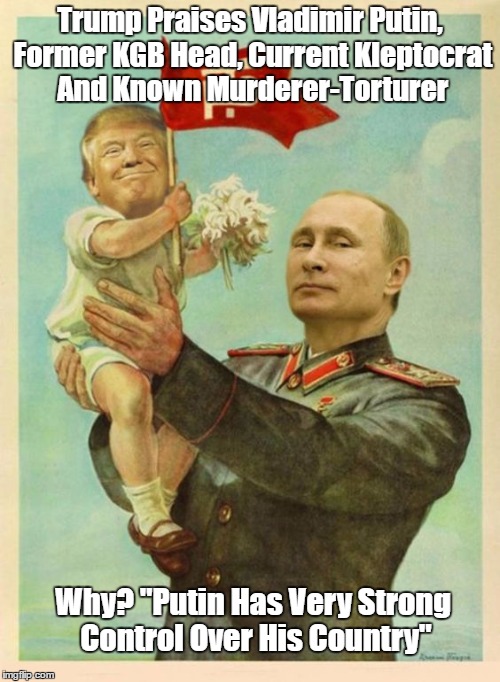
Republicans Need To Ask Why Putin Wanted Trump To Win
Importantly, the report includes several areas in which the Mueller report really does meaningfully exonerate the Trump campaign.
First, while the report notes that some Trump campaign members shared tweets from Internet Research Agency (IRA)-controlled accounts and even agreed to assist in promoting IRA-devised rallies, the special counsel investigation did not conclude that any official of the Trump campaign was aware the solicitations were coming from foreign persons. Being duped is not the same as committing a crime, and Mueller conclusively puts to rest the question of whether the Trump campaign was somehow aiding the Russian social media operation." https://www.lawfareblog.com/what-mueller-found-russia-and-obstruction-first-analysis
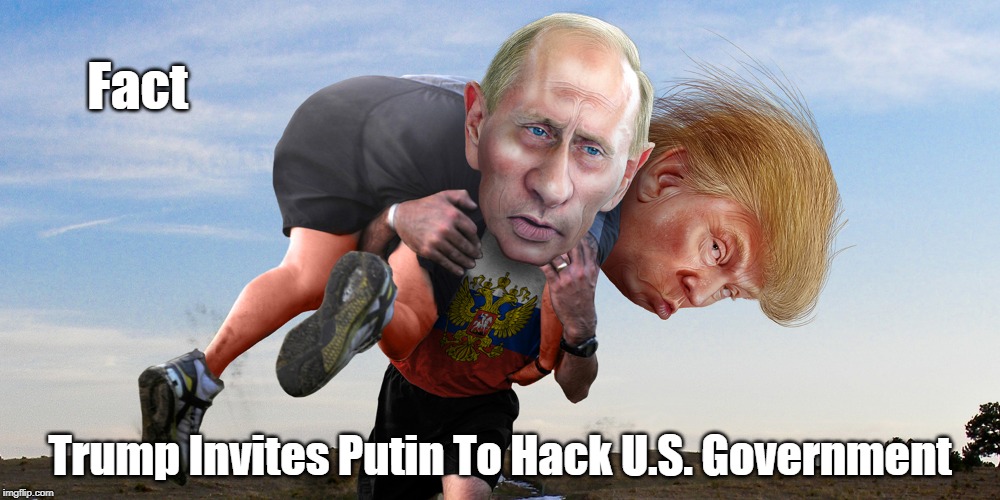
Redactions Heavier On Russian Meddling Than On Obstruction
/cdn.vox-cdn.com/uploads/chorus_asset/file/11932223/Dj2e0w9VAAAraKs.jpg)
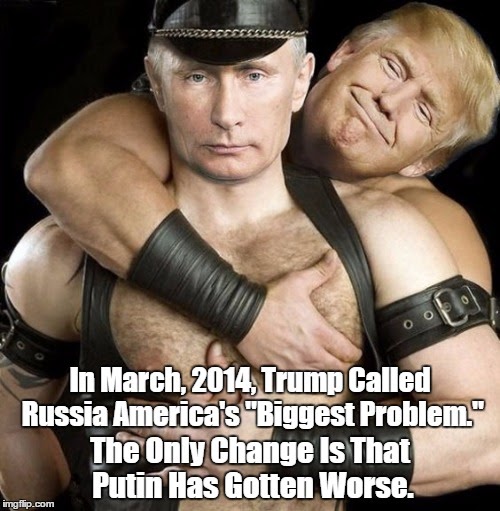
How Russian Money Helped Save Trump's Business
(Western banks wouldn't lend a dime to Trump)
Foreign Policy Magazine
(Western banks wouldn't lend a dime to Trump)
Foreign Policy Magazine
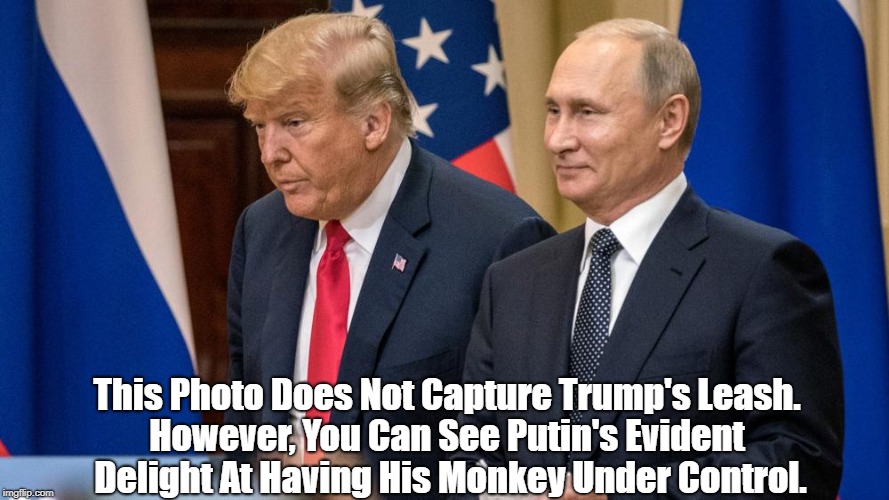
Helsinki Summit: President Trump Backs Vladimir Putin On Election Interference | NBC Nightly News

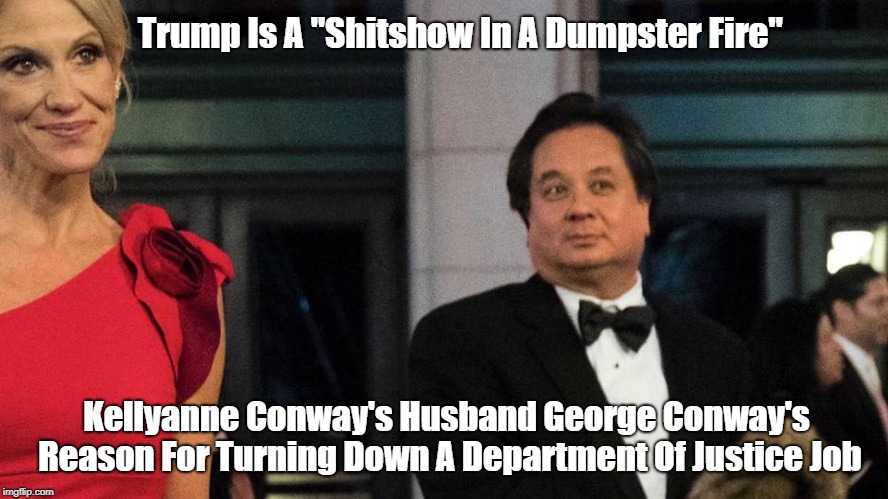
The day the Mueller Report was released:
"George Conway Calls Trump A 'Cancer' That Needs To Be Removed
Fox News
"George Conway Calls Trump A 'Cancer' That Needs To Be Removed
Fox News

Trump Is A Bald-Faced Liar
There Is No Other Word For It
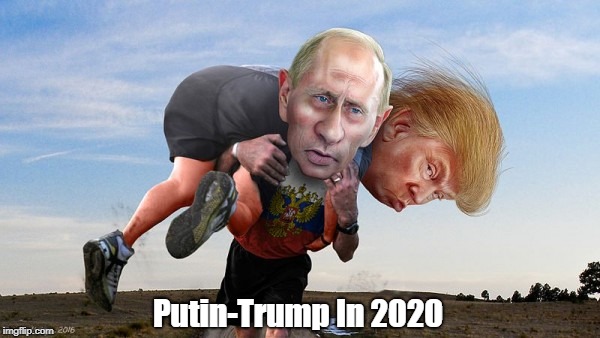
There Is No Other Word For It

‘Putin Has Won’: Mueller Report Details the Ways Russia Interfered in the 2016 Election
The Wall Street Journal
"Putin Just Confirmed He Wanted Trump To Win"
https://www.businessinsider.com/putin-wanted-trump-to-win-2016-election-2018-7
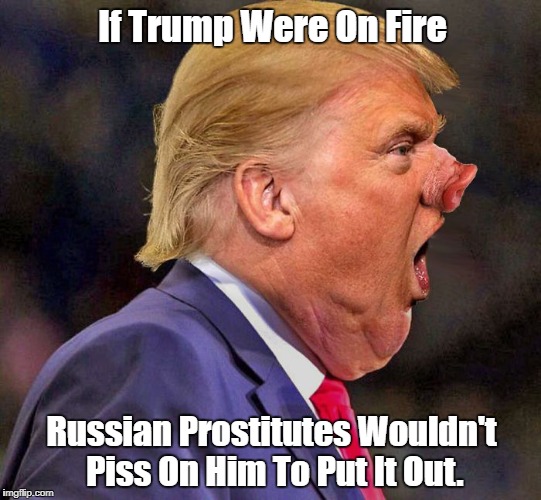
No comments:
Post a Comment